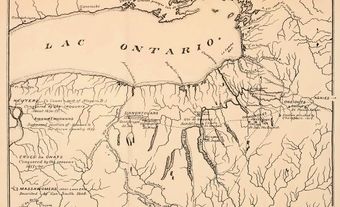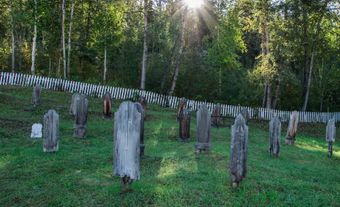Lord's Day Alliance of Canada
Lord's Day Alliance of Canada (renamed People for Sunday Association of Canada in 1982), a lay organization founded in 1888 under the aegis of the PRESBYTERIAN Church and supported by the other Protestant churches to combat increasing Sabbath secularization. In the early phases of Canada's industrialization and urbanization, Sunday was usually the only day of rest: the issue was whether that day should be a holy day or a holiday. The churches faced growing competition for the loyalty of potential churchgoers: industrial concerns, such as railways, demanded Sunday labour from their employees. More important, new leisure pursuits beckoned. Technological advances, particularly electric urban transit systems, increased people's mobility, allowing them to escape the cities. Commercial recreation activities such as sporting events, ice cream parlours and theatres were equally tempting. Many Canadians seemed inclined to make Sunday a day both of religion and recreation.
The Alliance became one of the most effective lobbies of the early 20th century. It gained the crucial support of the French Canadian Catholic hierarchy and, with its promise of a legislated weekly rest day, of organized labour. In 1906, this combination of forces and the Alliance's sophisticated lobbying techniques persuaded Prime Minister Sir Wilfrid LAURIER to introduce a Lord's Day Act. Although strong opposition existed among the transportation and manufacturing concerns and among French Canadians, the Act became law in March 1907 aiming to restrict Sunday trade, labour and recreation.
The Alliance then struggled to secure enforcement: because the Act required provincial authorization for each prosecution, the Alliance battled in many arenas, with varying success. The Sunday shopping issue still provokes intense debate, uniting labour, retail merchants, churches and the People for Sunday Association in opposition. Canadians' pursuit of Sunday pleasure has doubtless defeated the association's main aim - Sunday is primarily a holiday and only partly a holy day.
See also SUNDAY SHOPPING.

 Share on Facebook
Share on Facebook Share on X
Share on X Share by Email
Share by Email Share on Google Classroom
Share on Google Classroom


